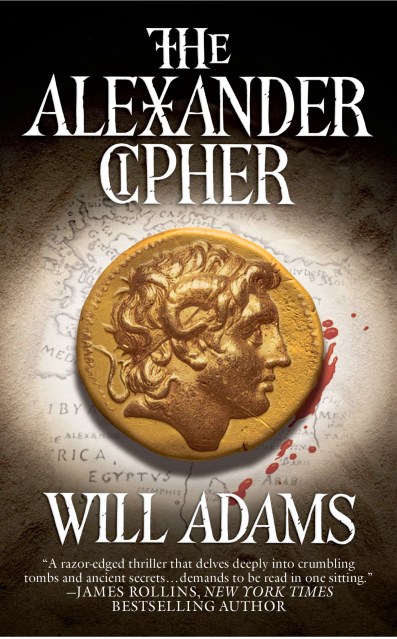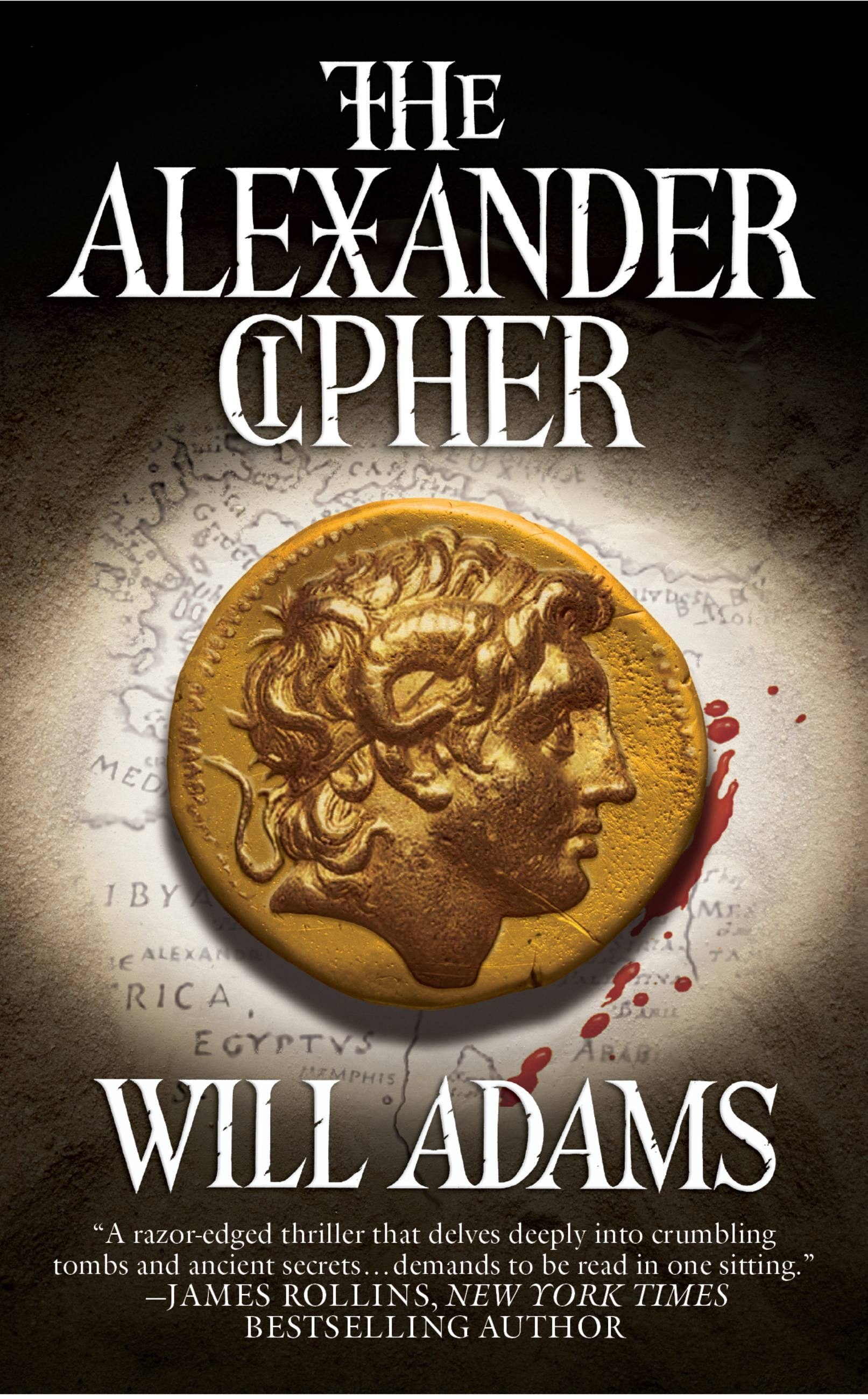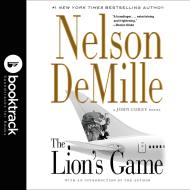Promotion
Use code FALL24 for 20% off sitewide!
The Alexander Cipher
Contributors
By Will Adams
Formats and Prices
Price
$7.99Format
Format:
- Mass Market $7.99
- ebook $7.99
This item is a preorder. Your payment method will be charged immediately, and the product is expected to ship on or around March 1, 2010. This date is subject to change due to shipping delays beyond our control.
Also available from:
Workers in Alexandria are excavating for a new building when they discover the ruins of an old tomb, and all work crashes to a halt. According to federal law in Egypt, all discoveries must be properly catalogued by archeologists and this tomb has unusual relics and representations, apparently contemporary with Alexander the Great.
Daniel Knox’s first love is history and archeology, specifically on Alexander the Great. When he pisses off a local mobster on the coast of Egypt, he heads to Alexandria to an archaeology colleague’s apartment to hide out for a while. He learns his friend is getting to participate on the dig for this newly discovered tomb. Sneaking in with his friend, Daniel sees signs that the find is far bigger than anyone realizes and might hold clues to finally unravelling one of the world’s greatest mysteries: Where is Alexander the Great buried?
In his lifetime, Alexander was beloved as a god, and across the Mediterranean, everyone wanted to be close to him. Upon his death, there was a mad scrabbling among his former allies to secure his empire for themselves. Even now, nearly 2500 years later, Alexander is still being fought over. With the discovery of this tomb and the revelation of its relics, the race is on to find Alexander. Rival archeologists, Egyptian officials, and Macedonian nationalists all scurry and scramble, attacking each other along the way as they hunt for a glorious prize–the body of Alexander the Great.
Daniel Knox’s first love is history and archeology, specifically on Alexander the Great. When he pisses off a local mobster on the coast of Egypt, he heads to Alexandria to an archaeology colleague’s apartment to hide out for a while. He learns his friend is getting to participate on the dig for this newly discovered tomb. Sneaking in with his friend, Daniel sees signs that the find is far bigger than anyone realizes and might hold clues to finally unravelling one of the world’s greatest mysteries: Where is Alexander the Great buried?
In his lifetime, Alexander was beloved as a god, and across the Mediterranean, everyone wanted to be close to him. Upon his death, there was a mad scrabbling among his former allies to secure his empire for themselves. Even now, nearly 2500 years later, Alexander is still being fought over. With the discovery of this tomb and the revelation of its relics, the race is on to find Alexander. Rival archeologists, Egyptian officials, and Macedonian nationalists all scurry and scramble, attacking each other along the way as they hunt for a glorious prize–the body of Alexander the Great.
Genre:
- On Sale
- Mar 1, 2010
- Page Count
- 464 pages
- Publisher
- Grand Central Publishing
- ISBN-13
- 9780446404709
Newsletter Signup
By clicking ‘Sign Up,’ I acknowledge that I have read and agree to Hachette Book Group’s Privacy Policy and Terms of Use







